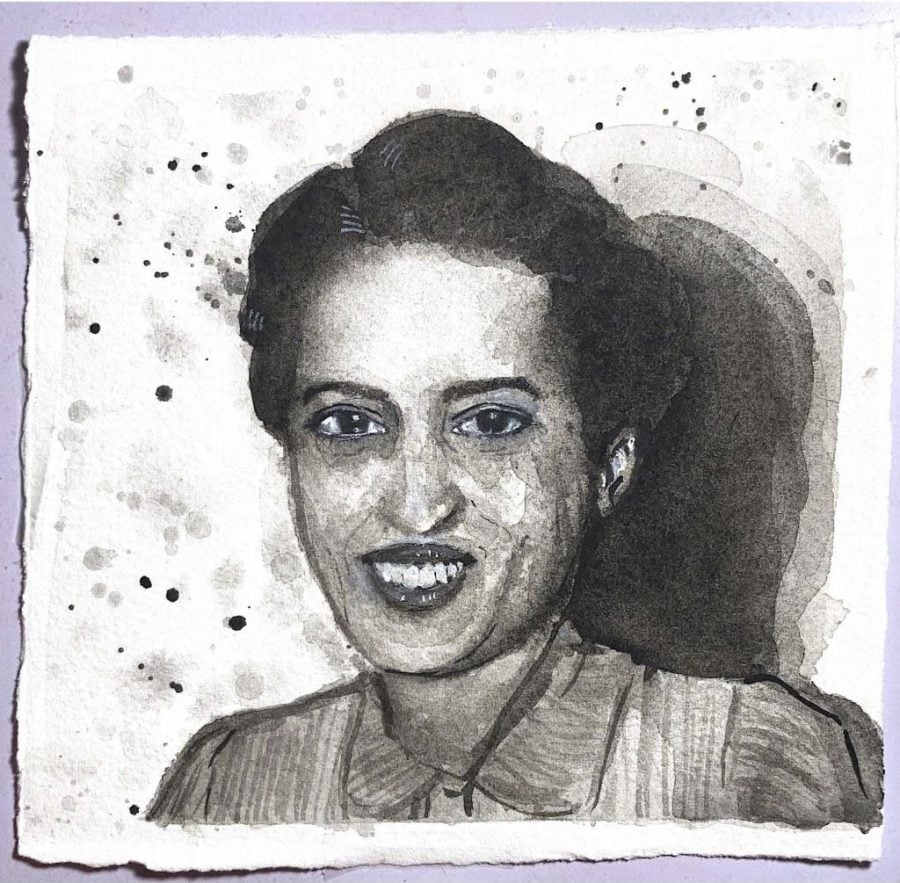Forgotten Figures | The woman who became America’s first Black female judge
October 1, 2020
Jane Bolin was an incredibly accomplished lawyer in the state of New York. Born in Poughkeepsie, Bolin would eventually become the first Black woman to become a judge not only in her state, but in the whole country. Jane Bolin was a woman who achieved many milestones for the Black community within the legal profession. She was the first Black woman to graduate from Wellesley College and then Yale Law School, and she was also the first Black woman in the New York City Bar Association.
On July 22, 1939, Bolin was sworn in as a judge to the New York City Family Court by Mayor LaGuardia. Bolin was involved in all kinds of trials, from homicide to child adoption cases. She remained a judge for 40 years until her retirement in 1978. In addition to her work inside the courtroom, she was involved with various community organizations like the Child Welfare League of America and the NAACP. After her retirement, she donated her time to struggling students in the New York City public school system as a tutor and mentor. She constantly fought against racism in the United States and used her position of power to do so.
There are many young Black women on this campus who are pursuing law. My opinions on this matter do not have as much weight as those that a Black woman could contribute. So, I reached out to the Future Black Law Student Association to understand what it means to these women to see successful individuals with a shared identity recognized for their accomplishments.
“Seeing a successful Black woman in the law field being recognized for her achievements would make me feel seen,” said Jaylah Catlin, a junior majoring in political science.
“It would be as if I’m looking at myself. It would give me the extra confidence and encouragement required to continue working towards my law degree. I already feel at a disadvantage sometimes simply because of my skin color and hair texture. Representation means everything to me.”
Kaddyja Jallow, a freshman majoring in political science, echoed the need for representation.
“Seeing a successful Black woman in the law sector being recognized for her achievements is very inspiring because it serves as a reminder to me what my end goal is,” Jallow said. “I feel like there is already a lack of representation for female lawyers so for there to be black female lawyers is very encouraging.”
Black women make up only 2% of the legal industry. For Kyla Thomas, a sophomore majoring in political science, “their representation in the field is commendable and to be admired.”
“As I see several Black women breaking down barriers in this industry with remarkable bravery, it inspires me to work harder and to push through any microaggressions that I may encounter as an aspiring lawyer,” Thomas said. “In spite of those obstacles that are often put in place to deter Black women from this white, male dominated field, it is reassuring to know that Black women are definitely up for the challenge, forging ahead with bravery and continuing the fight to be recognized for their achievements in the legal industry. This fight within itself keeps me motivated.”
For Shabari Patterson, a junior majoring in criminal justice, it means everything to recognize the achievements of Black women in the law sector.
“It means courage, it means perseverance, it means being revolutionary,” Patterson said. “For Black women especially, we were always seen as being the one who answered to someone instead of being the one who called the shots. Some may refer to this as a ’man’s world’ but without a woman there is no man. The law sector, let’s be honest, has not been known as a diverse industry so to have a woman, especially a Black woman, be in such a position is huge. I personally would love to be one of the future Black women in this industry to not only add diversity, but to also represent strong-willed, intelligent and beautiful Black women.”










